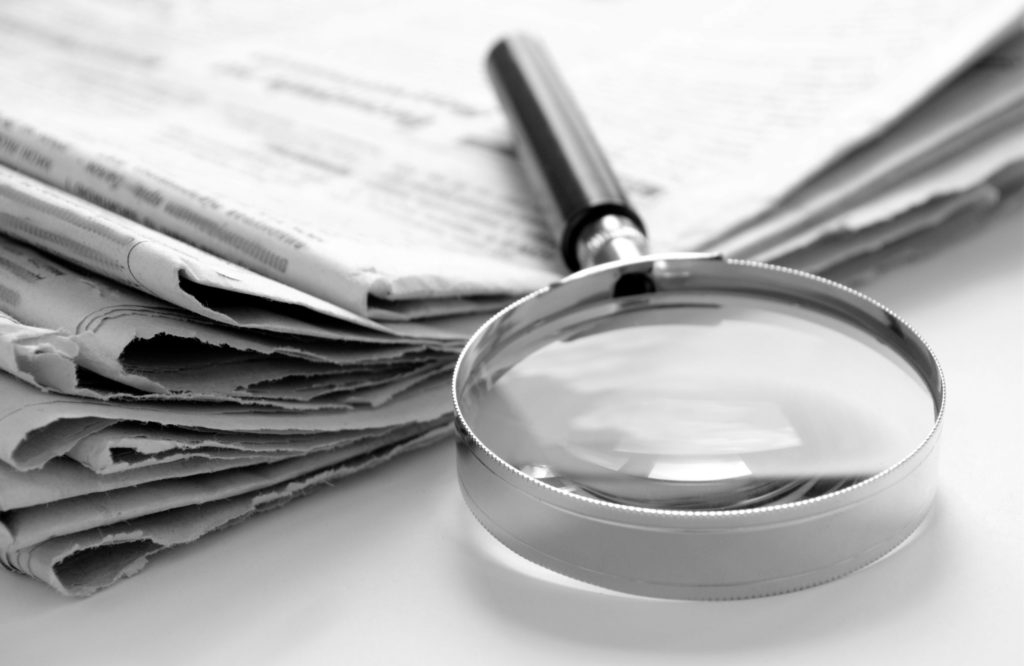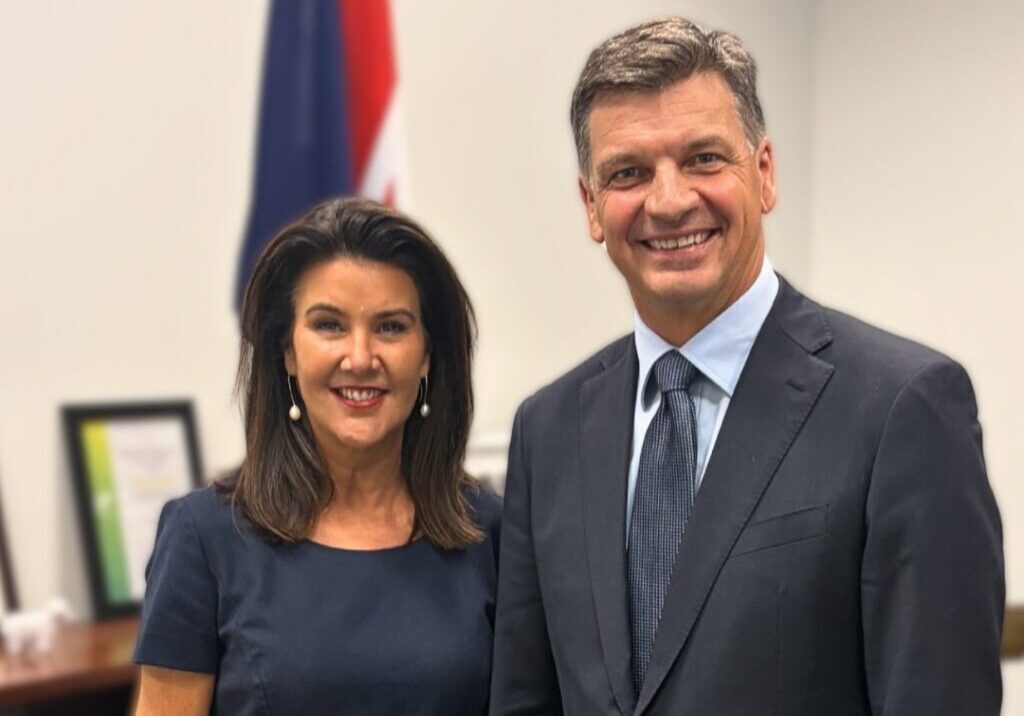Australia/Israel Review
Media Microscope: Making a statement
Jun 29, 2022 | Allon Lee

The significance of the Albanese Government’s decision to release its own statement, rather than co-sign a US-sponsored letter backed by 21 other nations condemning the first report from the UN Human Rights Council’s new permanent Commission of Inquiry into Israel, was hotly debated.
The Australian (June 16) was unimpressed with the Government’s decision, given the suspicions that the UNHRC has an agenda “designed to undermine the very existence of Israel as a national state for the Jewish people.” The editorial cautioned the Government against recognising Palestine as a state, saying, “there can be no such state without borders and negotiations, but the Palestinians refuse to come to the table.”
In a news report in the same edition, Foreign Minister Penny Wong was quoted explaining that the Government had “taken the opportunity to elaborate on our approach to the Middle East peace process” by issuing its own statement, while Opposition Foreign Affairs Spokesperson Simon Birmingham was quoted accusing Labor of “creat[ing] unnecessary ambiguity around Australia’s position.”
AIJAC’s Colin Rubenstein was also quoted, saying the Government had “refused to accept the morally indefensible position” that only Israel deserved to be a permanent agenda item.
In an Australian (June 17) op-ed, AIJAC’s Ahron Shapiro quoted the Government’s statement, as delivered by Australia’s UN Ambassador in Geneva Amanda Gorely, that “we do not support the proposition that Israel is the only country that is a permanent item on the HRC agenda, which is why… we retain our fundamental concerns about the nature of the commission of inquiry.”
Shapiro said the UNHRC is a “convenient refuge for countries with some of the worst human rights records” who then use Israel as a “lightning rod” to “shield themselves from scrutiny.”
He noted that the report “mentions Israel 157 times and Hamas just three” and also that, since its founding, the UNHRC has condemned Israel 99 times, “Syria (39), North Korea (15), Iran (12), Eritrea (11), Sudan (one), Venezuela (two) and Russia (three).”
In the Australian (June 13), Executive Council of Australian Jewry co-CEO Alex Ryvchin outlined the causal link between Palestinian terrorism against Israeli civilians and official incitement, including the generous financial rewards Palestinian leaders shower on terrorists and their families. He cited Hamas leader Yahya Sinwar’s call in late April for Palestinians to use rifles, knives, axes or cleavers against Israelis and listed the string of fatal terrorist attacks that followed.
Condemning NGOs, university student unions and those pledging solidarity with Palestinians who refuse to hold accountable Palestinian leaders who oversee this “criminality”, Ryvchin urged the Albanese Government to see the Palestinian leadership “not as it wishes it to be but as it is.”
The Guardian Australia (June 14) quoted former Labor foreign minister Gareth Evans welcoming the Government’s decision not to sign the US letter, saying, “I think it’s an excellent start for the new government to give a very clear message that it’s going to adopt a decent, principled and balanced approach to Middle East issues, which is long overdue.” The Guardian also quoted Sophie McNeill, former ABC Middle East correspondent and now a researcher at Human Rights Watch, saying she was “pleased that Australia didn’t sign the US statement because it undermines an important process to investigate serious human rights concerns.” (It appears both these comments were made prior to Australia releasing our own statement.)
On Sky News “Credlin” (June 15), former federal Labor MP Michael Danby argued it “would have been better if we voted with Canada and the United States and so many other countries to condemn the report outright.”
Danby contrasted the report’s condemnation of Israel with the reluctance of the head of the UN Human Rights Council Michelle Bachelet to criticise China’s human rights abuses in Xinjiang province during her recent visit there. China, he said, stands accused of “degrading treatment, forced sterilisation, state kidnapping of children, forced labour” in Xinjiang province and that should be the Council’s focus, “not endless resolutions… on a tiny little state in the Middle East, the only democracy.”
Ahead of the UNHRC report controversy, veteran Israeli analyst Ehud Yaari told Sky News “Outsiders” (June 5), “there is work to be done” on Israel’s relationship with the ALP but “generally I think that the atmosphere of friendship and cooperation will survive the change of government here.” Yaari said he doesn’t foresee the Government “recognis[ing] a non-existent Palestinian state,” given the Biden Administration opposes such a move.






